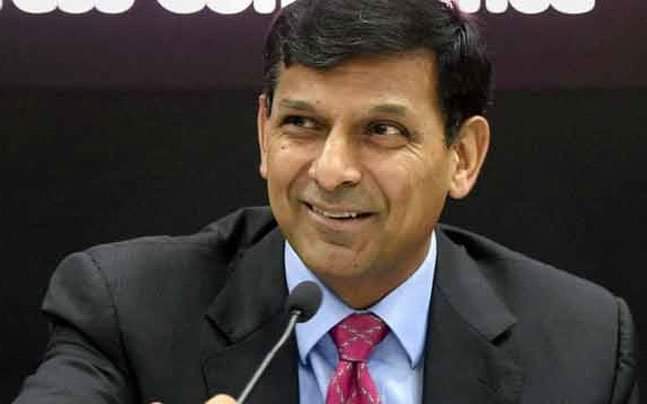Inflation is
soaring in India as the continuing Russia-Ukraine crisis raises crude oil
prices and disrupts supply-chains. Wholesale price-based index (WPI) has gone
up to a four-month high of 14.55% and retail inflation, based on the consumer
price index (CPI) has gone up to 6.95%. Amid this rise, Raghuram Rajan, former
head of India’s central bank, says the Reserve Bank of India (RBI) will have to
finally increase interest rates to bring inflation under control.
“At some point,
the RBI will have to raise rates, like the rest of the world is doing,” the 23rd
governor of RBI, and now a professor of finance at the University of Chicago
Booth wrote in a post on LinkedIn titled “Fighting Inflation Again”.
In his post, Rajan
reminisces about his term as the head of India’s central bank and how India
fought inflation at the time.
“I became RBI
governor with a three year term in September 2013 when India had a full blown
currency crisis with the rupee having experienced a free fall,” Rajan said
adding that inflation was at 9.5% then.
“The RBI raised
the repo rate from 7.25% in September 2013 to 8% to quell inflation. As
inflation came down, we cut the repo rate by 150 basis points to 6.5%,” he
wrote.
The current RBI
monetary policy committee has also decided to target inflationary pressures.
While the central bank did keep policy rates unchanged in the April 6-8 series
of meetings, minutes of an April 22 meeting of the RBI monetary policy
committee show all members express concern over rising prices.
Also Read | RBI monetary policy meet: Key highlights
RBI Governor
Shaktikanta Das said at the meeting that while the risks to domestic growth
call for continued accommodative monetary policy, inflationary pressures
necessitate monetary policy action.
“The circumstances
warrant prioritising inflation and anchoring of inflation expectations in the
sequence of objectives to safeguard macroeconomic and financial stability,
while being mindful of ongoing growth recovery,” Das said.
Also Read | Explained: Difference between RBI’s accommodative, neutral & hawkish stance
According to
Raghuram Rajan, while the raising of interest rates may get the RBI some
politically-motivated brickbats, but “at such times, it helps to let the facts
talk.” “…The current facts are important to guide future policy. It is
essential that the RBI does what it needs to, and the broader polity gives it
the latitude to do so,” Rajan said.







